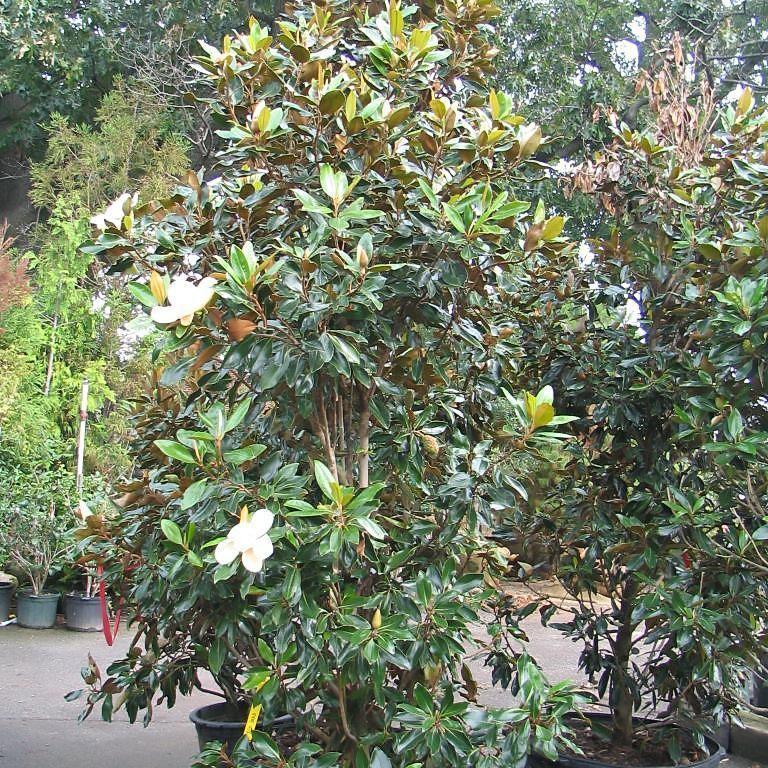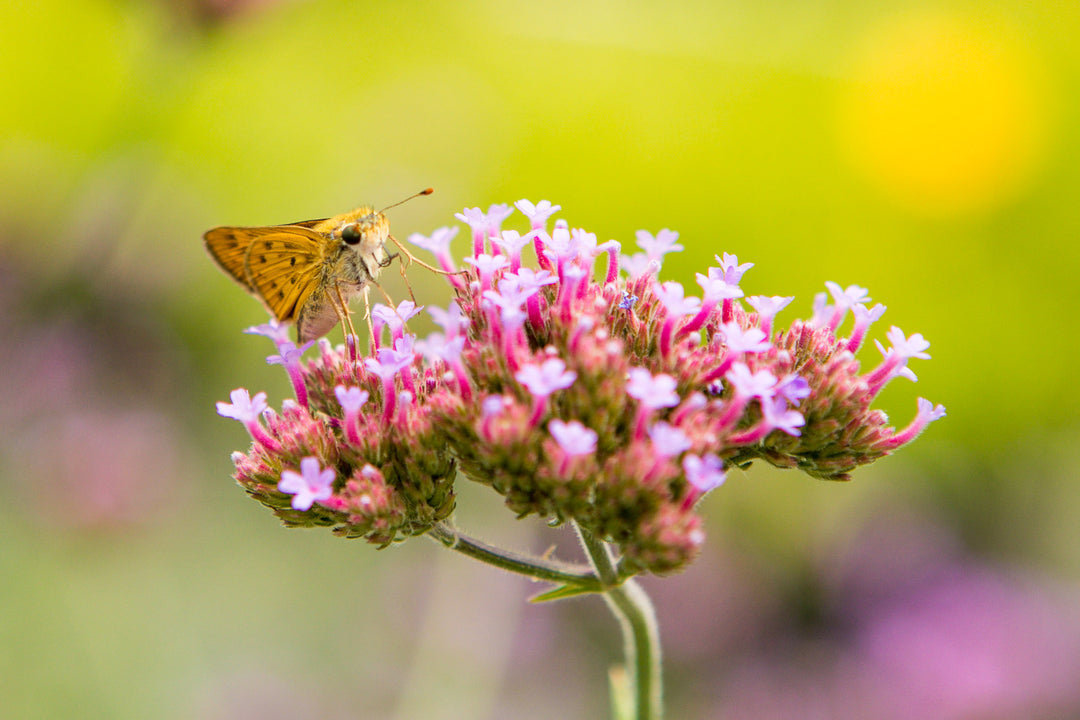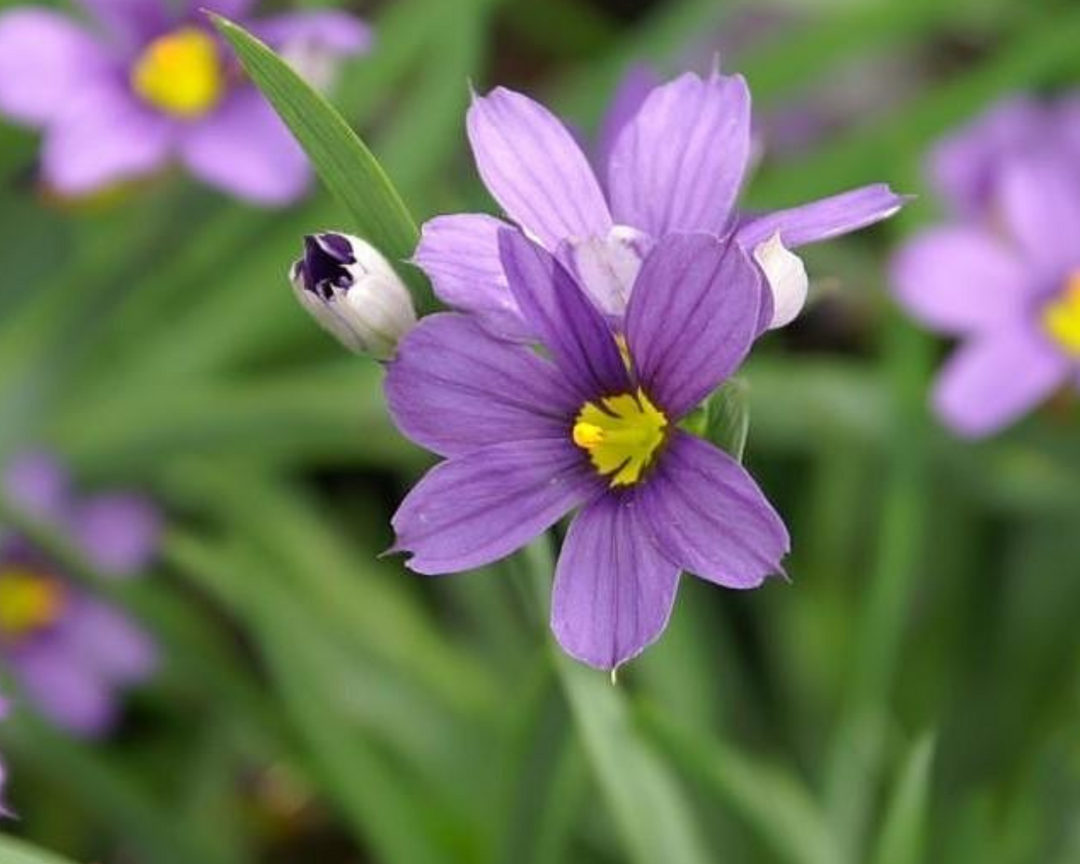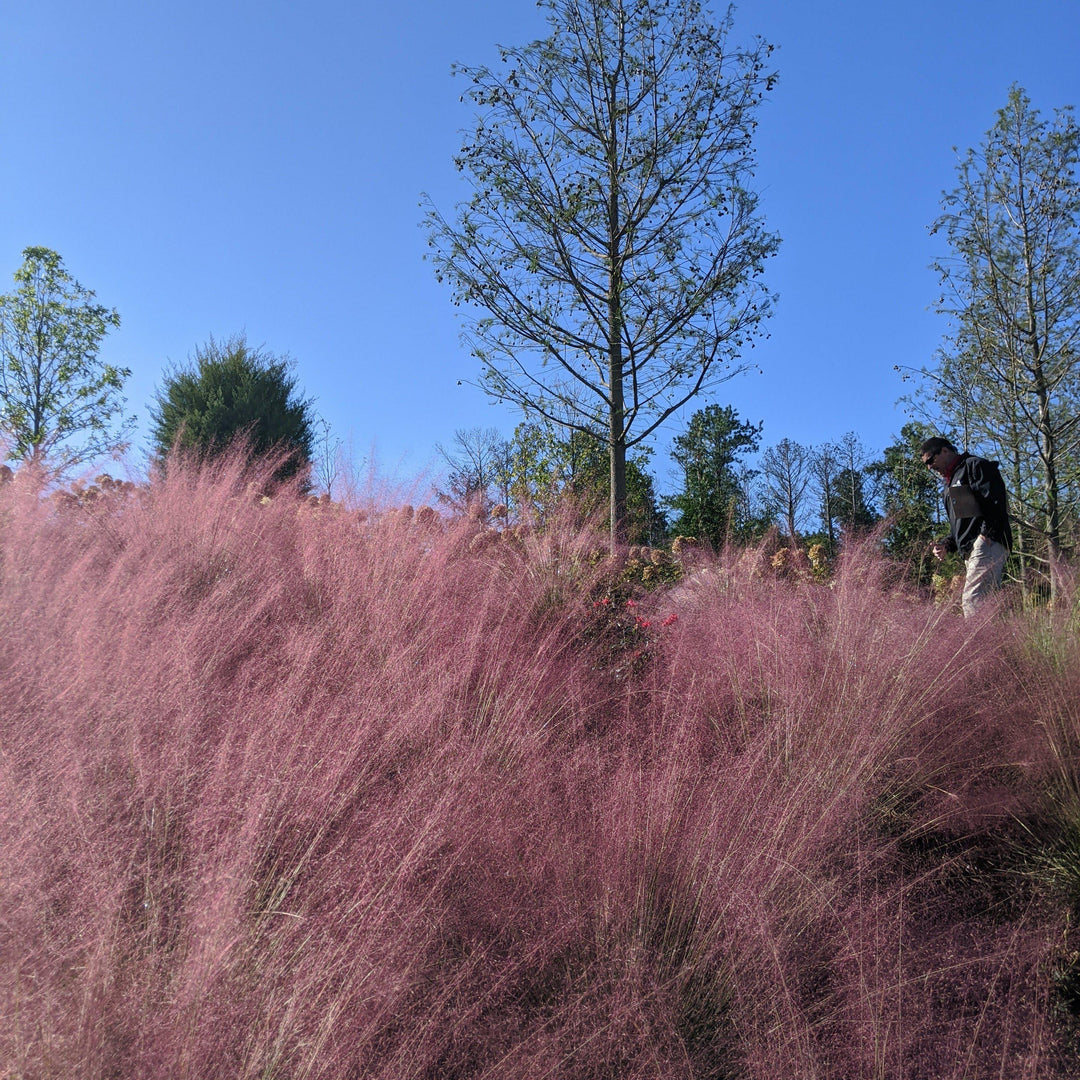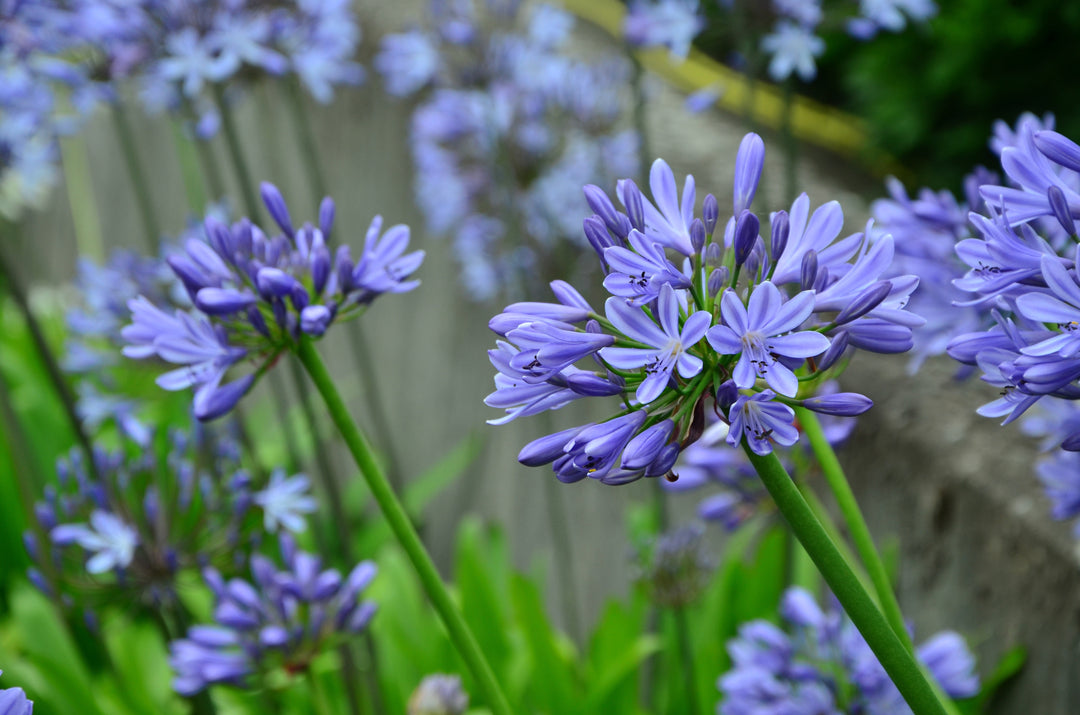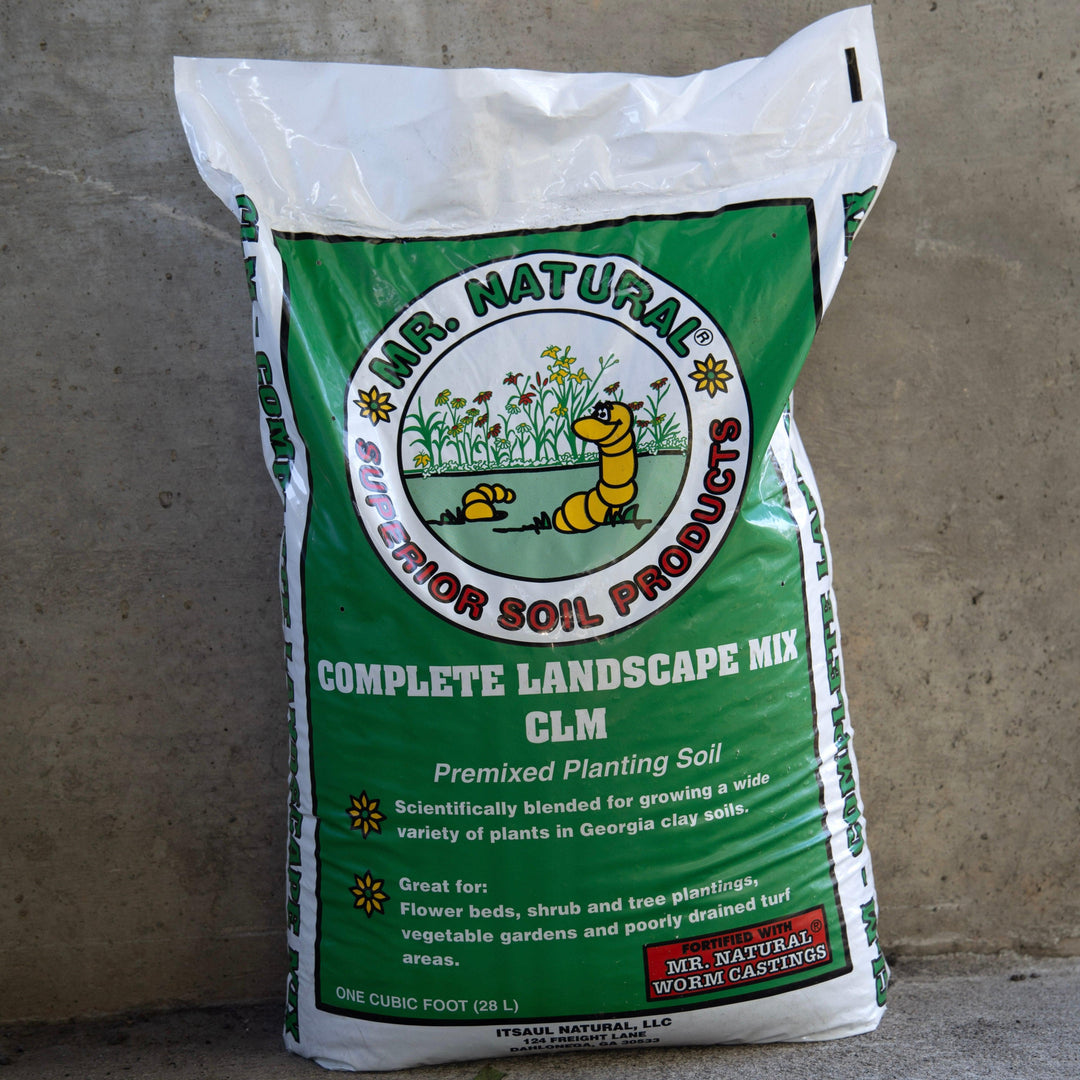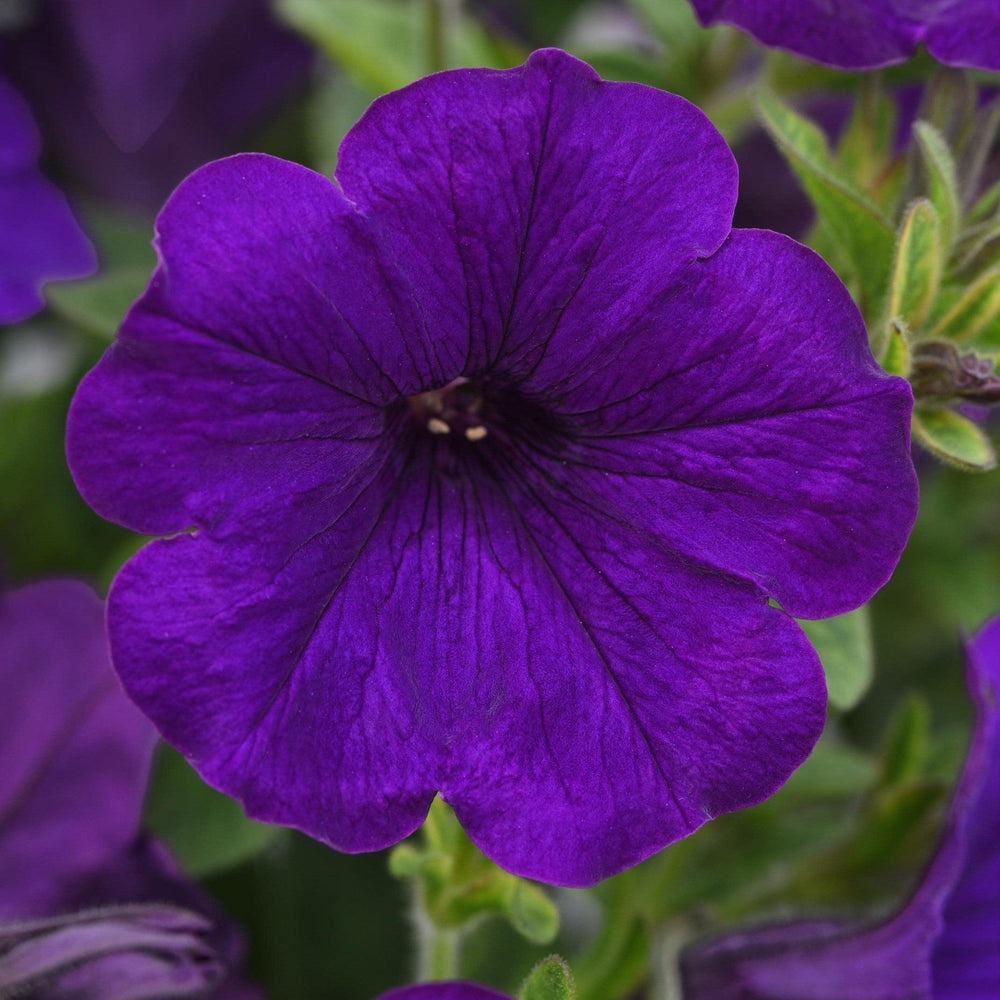Understanding Allelopathy: Challenges and Opportunities in the Landscape
Allelopathy is a fascinating plant phenomenon where certain plants release chemicals into the environment to suppress the growth of nearby plants or even enhance the growth of others. This natural interaction can present challenges for gardeners but also offers opportunities for innovative landscape design. In this blog, we’ll explore how to work with allelopathic plants like black walnut, identify beneficial allelopathic plants, and optimize your garden for harmony and productivity.

Allelopathic Plants: The Challenges
What Is Allelopathy?
Allelopathy refers to a plant's ability to release biochemicals (allelochemicals) into the soil through roots, leaves, bark, or decaying plant matter. These compounds can inhibit the germination or growth of neighboring plants, creating competitive advantages for the allelopathic plant.
Black Walnut (Juglans nigra): The Prime Example
- Allelochemical: Juglone, a compound toxic to many plants.
- Effect: Sensitive plants experience stunted growth, yellowing leaves, or death if planted too close to black walnut trees.
- Zone: Hardy in USDA zones 4-9.
Plants Sensitive to Black Walnut:
- Tomatoes, peppers, potatoes, azaleas, rhododendrons, and hydrangeas.
Plants Tolerant of Black Walnut:
- Eastern Redbud (Cercis canadensis): A small tree with spring blooms.
- Hostas (Hosta spp.): Shade-loving perennials.
- Ferns (Dryopteris spp.): Elegant, juglone-tolerant foliage plants.
- Black-Eyed Susan (Rudbeckia hirta): Hardy flowers for sunny spots.
How to Garden Near Black Walnuts
- Mulch Wisely: Avoid using black walnut leaves or wood chips as mulch, as they can leach juglone into the soil.
- Build Raised Beds: Create barriers between the tree roots and your garden plants.
- Select Tolerant Species: Choose plants proven to thrive under black walnut conditions.

Beneficial Allelopathy in the Landscape
While some plants use allelopathy as a defensive mechanism, others can be leveraged for their beneficial effects. These plants help suppress weeds, improve soil health, or enhance the growth of neighboring plants.
Examples of Beneficial Allelopathic Plants
-
Sunflowers (Helianthus annuus)
- Benefit: Suppresses certain weeds like crabgrass.
- Use in the Landscape: Plant as a living mulch in garden borders or rows. Avoid planting near sensitive crops like potatoes.
-
- Benefit: Releases compounds that repel nematodes and certain pests.
- Use in the Landscape: Ideal as companion plants for vegetables like tomatoes and beans.
- suppress weeds and improve soil fertility.
-
Benefit: Produces aromatic oils that deter pests like whiteflies and cabbage moths.
Use in the Landscape: Plant near vegetables such as cabbage or tomatoes to protect against common pests while enhancing the garden's aroma.
Tips for Gardening with Allelopathic Plants
-
Plan the Layout Thoughtfully:
- Group plants based on their compatibility and tolerance to allelopathic effects.
-
Understand Companion Planting:
- Pair plants that benefit from each other’s chemical interactions, like marigolds with tomatoes or garlic with roses.
-
Use Cover Crops:
- Integrate cover crops like winter rye or clover during dormant seasons to naturally suppress weeds and rejuvenate soil.
-
Test the Soil:
- Regularly test your soil to monitor the presence of allelochemicals, especially when gardening near trees like black walnut.

Non-Toxic Alternatives for Difficult Allelopathic Plants
If managing allelopathic plants feels too complex, consider substituting them with non-toxic, low-maintenance alternatives:
- Black Walnut Alternatives: Try native oaks (Quercus spp.) or hickories (Carya spp.) for shade without allelopathic effects.
- Sunflower Alternatives: Grow zinnias or cosmos for vibrant blooms without weed suppression.
- Garlic Alternatives: Use onions or chives for similar culinary and pest-repellent benefits.
Conclusion
Allelopathy is both a challenge and an opportunity for gardeners. While plants like black walnut require careful planning to manage their effects, others like marigolds and garlic can be used to improve garden health and productivity. By understanding allelopathic interactions and choosing the right plants for your landscape, you can create a thriving, balanced garden that works with nature rather than against it.

